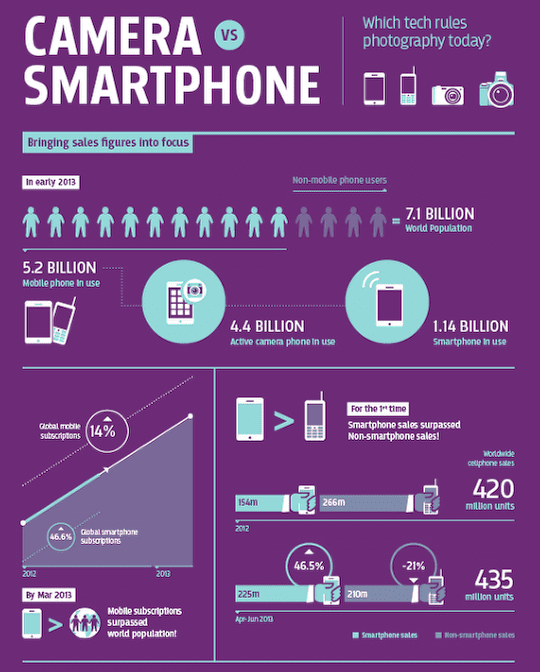How To Pick The Right Electronic Camera For Real Estate Photography
How To Pick The Right Electronic Camera For Real Estate Photography
Blog Article
Short Article Author-Lamb Fallesen
When venturing right into property digital photography, selecting the appropriate cam is pivotal for catching homes in their finest light. The selection of electronic camera can substantially influence the high quality of your photos, affecting how potential purchasers view a listing. From sensing unit size to lens compatibility and reduced light performance, each aspect plays an essential duty in attaining spectacular visuals that make a lasting impact. So, as you start this aesthetic journey, ensuring your electronic camera ticks all the right boxes is essential to setting your job apart in an open market.
Cam Sensor Dimension
When choosing a camera for real estate photography, understanding the relevance of video camera sensor dimension is crucial. The sensing unit size of an electronic camera directly affects the photo top quality and efficiency in various lights conditions. Larger sensing unit sizes, such as full-frame sensing units, often tend to record more light and detail, leading to sharper images with far better dynamic range. Genuine estate photography, where recording the complex information of a property is vital, opting for a cam with a larger sensor size can make a significant distinction in the final outcome of your pictures.
Cameras with smaller sized sensor dimensions, like those located in portable cams or mobile phones, might battle to generate premium photos, particularly in low-light situations. The smaller sized sensors can lead to even more sound and much less detail in the pictures, which can be a disadvantage when showcasing residential properties to prospective customers.
Investing in a camera with a larger sensor dimension, even if it suggests a somewhat higher cost, can elevate the general high quality of your realty digital photography and establish your listings in addition to the competitors.
Lens Compatibility
Recognizing the lens compatibility of a video camera is key when thinking about equipment genuine estate photography. Various electronic cameras have certain lens installs that determine which lenses work.
For real estate digital photography, wide-angle lenses are frequently made use of to record the full scope of rooms and rooms. When choosing a cam, make certain that it sustains wide-angle lenses with focal sizes usually ranging from 10mm to 24mm for APS-C sensing unit electronic cameras and 16mm to 35mm for full-frame sensing units.
It is essential to examine if the camera you're interested in has a range of lens choices available on the market. Having access to a large choice of lenses permits you to adjust to various shooting situations and attain numerous imaginative effects.
Additionally, consider 360 cameras matterport of the lenses compatible with the camera, as buying top quality lenses can substantially influence the sharpness and total appearance of your real estate pictures. Remember, lens compatibility plays an essential role in optimizing the potential of your cam for real estate digital photography.
Low Light Efficiency
For ideal real estate photography, the low light efficiency of an electronic camera is important. When choosing a video camera genuine estate digital photography, consider one with good reduced light capabilities. https://pdnonline.com/photography-business/end-of-year-tax-tips/ require to be photographed in poorly lit rooms or throughout golden hours to catch the atmosphere successfully. A video camera with excellent low light performance will certainly ensure that your photos maintain clearness and sharpness also in challenging lights conditions.
Cameras with bigger sensing units have a tendency to execute far better in low light circumstances as they can catch extra light, leading to less sound in the images. Search for cameras with a wide ISO variety, allowing you to adjust the level of sensitivity to light as needed.
In addition, video cameras with great sound reduction innovation can help produce cleaner photos in low light.
Having a camera with strong reduced light performance will certainly give you the flexibility to shoot in different lighting conditions without jeopardizing the top quality of your real estate pictures. Make sure to evaluate the electronic camera's low light capacities before making your final decision to ensure it fulfills your digital photography requires.
Conclusion
So, when choosing a camera for real estate digital photography, bear in mind to focus on sensing unit dimension, lens compatibility, and reduced light performance. A larger sensing unit size, wide-angle lens compatibility, and good low light efficiency will guarantee that you record high-grade pictures of properties with fantastic detail and quality. Make certain to do your research and pick a camera that satisfies these requirements for the best lead to your real estate digital photography endeavors.
